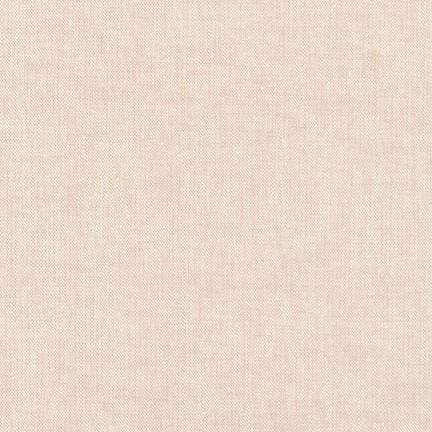EasternWeft is a company that is dedicated to sustainability and eco-friendliness. They believe in the benefits of using natural materials and processes, and they use only the best natural resources available. They are committed to creating products that are both beautiful and sustainable, and they are always looking for new ways to improve their products and processes.

One of the most impressive things about EasternWeft is their use of locally sourced eucalyptus leaves to dye their cotton and linen pieces. This is a sustainable and eco-friendly way of dyeing fabric, as it uses only natural materials and avoids the use of harmful chemicals that can harm the environment.
Eucalyptus is a type of tree that is native to Australia, but it has been cultivated in other parts of the world for its many benefits. It is known for its pleasant fragrance, and it is often used in aromatherapy and other wellness practices. But eucalyptus leaves can also be used to dye fabric, and this is something that EasternWeft has taken advantage of.
The pieces of cotton and linen that EasternWeft has dyed with eucalyptus leaves are beautiful and unique. They come in a range of colors, from reds and oranges to yellows and greens, and they can be used for a variety of projects. Whether you are looking to create your own cushion covers or patchwork projects, these pieces are perfect for anyone who wants to add a touch of natural beauty to their home.
But EasternWeft's commitment to sustainability goes beyond just their use of eucalyptus leaves. They are also committed to using only the best natural materials in all of their products, and they are always looking for new ways to reduce their impact on the environment.
One of the ways that EasternWeft is doing this is through their innovative use of microbial degumming. Microbial degumming is a natural process that removes the unwanted impurities from plant fibers, such as flax and ramie. This process eliminates the need for harsh chemicals, which can be harmful to the environment, and it ensures that the fibers are of the highest quality.
EasternWeft is also committed to sustainability in their weaving and dyeing processes. They use only natural dyes, which are made from sources like plants and minerals, and they avoid the use of synthetic dyes, which can be harmful to the environment. They also use advanced water treatment systems to reduce water waste and ensure that any wastewater that is released is environmentally safe.
As a result of their commitment to sustainability, EasternWeft has become a leading manufacturer of flax and ramie products. They are known for their high-quality products, which are both beautiful and sustainable, and they are constantly pushing the boundaries of what is possible using natural materials and techniques.
The company's dedication to sustainability and eco-friendliness has earned them a loyal following of customers who appreciate the beauty and sustainability of their products. By using only the best natural materials and processes, EasternWeft has set a new standard for sustainability in the textiles industry, and they are continuing to innovate and inspire others to follow their lead.
In conclusion, EasternWeft's use of locally sourced eucalyptus leaves in their dyeing process is a prime example of their commitment to sustainability and eco-friendliness. By using only natural materials and avoiding the use of harmful chemicals, they are creating products that are both beautiful and sustainable. Their innovative use of microbial degumming and natural dyes further underscores their commitment to sustainability in all aspects of their business. EasternWeft is a company that is leading the way in sustainable textiles, and they are sure to inspire others to follow their lead in the quest for a more sustainable future.